Category Gardening, Landscape, Lawn Care, Ornamental Fish, Planting, Pruning, To Do, Water Gardens
February 26, 2025
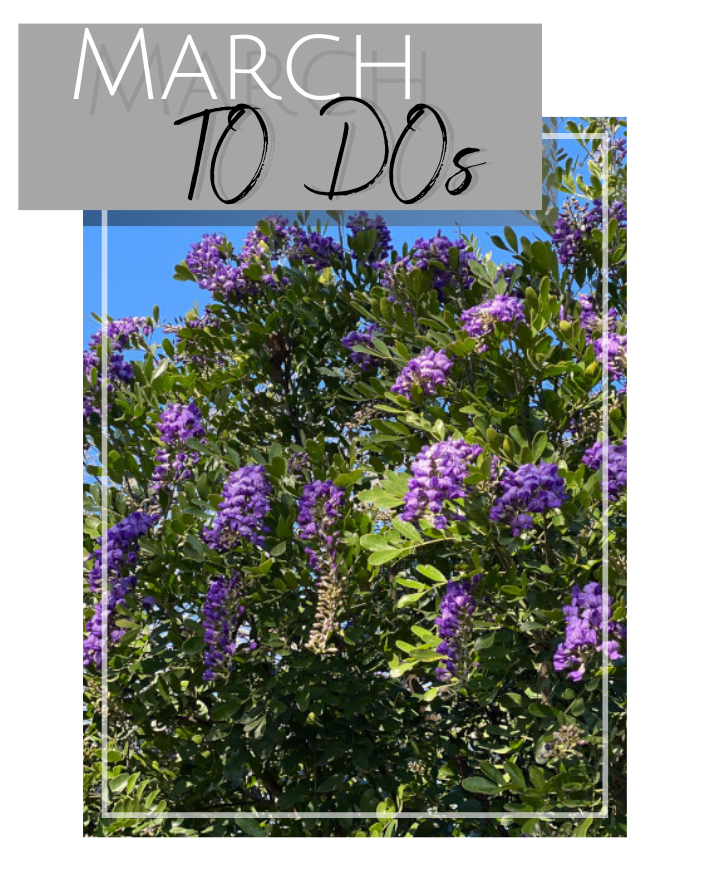
Originally published March 3rd, 2024
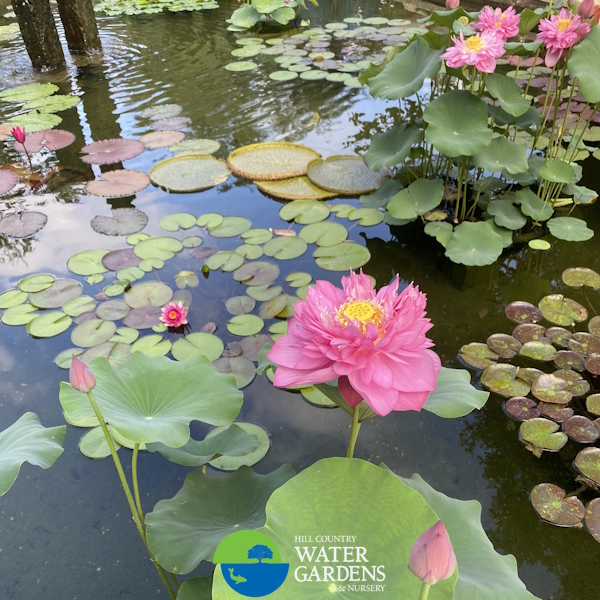
Water Gardens:
Fish:
Warmer temperatures are waking up our fish. Feeding can begin once the water temperature is above 60. Floating thermometers are available now and highly recommended to protect your fish.
Feeding your fish with our cool-season food is recommended to help them bulk up after a long winter.
Adding new fish at this time is a-ok!
Pond Maintenance:
Complete pond cleaning can begin this month if the pond is NOT under oaks. If your pond IS under oak trees, we highly recommend waiting until the leaf and flower drop are finished. Then clean the pond. Otherwise, the falling oak flower tannins will shade the water with a nice sweet tea hue (do not drink this water – it is not sweet tea!).
Collect or net out string algae as needed. Spot treat with our granular algaecide as needed.
Plants:
Plant Water Iris. Louisiana hybrids are available now!
Our water lily crops are slowly waking up as the days grow longer and our Dallas greenhouse will be stocking us with even more lilies soon!
We can begin to fertilize our water lilies once their pads reach the water's surface.
Repotting or “up-potting” lilies and bog plants can be done once the plants begin to wake up and show signs of new growth. We generally recommend waiting until April to divide lilies.
Lotus cannot be divided until next January/February. The root growth-tips will begin to soften and become brittle this month. If the root-tip is damaged, that section will die. Do not fertilize your lotus until it produces aerial leaves. They will produce floating leaves first and then the aerial leaves above the water.
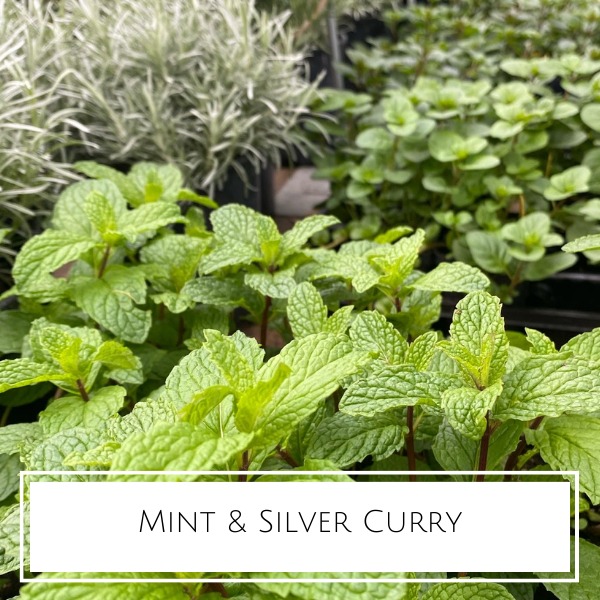
In the Edible Garden:
It’s go time!
Plant fruit trees, berries, herbs, and veggies! There’s still time to plant onions and potatoes but that window is closing quickly.
Add quality compost to reinvigorate existing soils. Experts recommend adding a layer 2-3 inches thick per year. There’s no need to till in the compost – earthworms will do that for free! We like to change compost bi-annually or mix them together to ensure a wide range of inputs and nutrient availability.
Recommended Composts:
Homemade! – Homemade compost can be some of the finest compost ever made!
Natures Creation Compost – Mushroom compost based with added Mycorrhizal Fungi.
Happy Frog Soil Condition - SC contains a laundry list of beneficial ingredients plus a healthy dose of microorganisms.
Leaf Mold – This is exactly what it sounds like! No animal byproducts or manures are used in the process. Composting the way nature intended, slow-cooked!
My Organic Compost from The Ground Up, Houston Texas – Ground landscape refuse cooked with cattle manure for up to 72 weeks! Once fully cooked the compost is double-screened to the smallest particle size possible.
Apply a healthy layer of mulch to protect the compost from splashing and or washing away in downpours. Mulch will also help the soil retain moisture when evaporation rates begin to increase.
Recommended Mulches:
Homemade! Leaf “litter” from trees shouldn’t be sent to the landfill!!! Mulch with leaves in their natural state or use a shredder or lawnmower to reduce the leaf size. Live Oak leaves are a good thing!
Pine straw – We love this mulch in vegetable gardens and strawberry patches! Our compressed bales will cover a 6x6 area in 3 inches of protection once it settles down from the decompression.
Seasons Hardwood Mulch- this mulch is made from the My Organic Compost screening process! Larger particles are screened out and packaged! This is a beautiful, soft mulch that resists summer caking (caking prevents water from reaching the soil) and will break down over time into a wonderful compost!
Cedar Mulch- great for walkways in and around the beds. Once it breaks down it’s a beautiful compost! It’s great for traditional mulching as well. And it smells great!
Consider adding Azomite trace minerals to strengthen your crops and increase your nutritional yield.
Warm-season transplants are now available. We are receiving weekly deliveries right now.! View the Williamson County Planting Calendar here.
Plant fruit trees! Available now! Apples, blackberries, grapes, figs, peaches, pears, persimmons & plums. See our tree list here.
Keep row-cover ready for surprise freezes! We have 12-foot N-Sulate ready to go.
Pull weeds and or spray with an organic weed killer. Please don’t use home recipes from the internet! There's no reason to dump salt all over your property!
Start a compost pile! Ask us how! It’s easy, environmentally responsible, and more fun than baking a cake!
Clean last year’s containers if you’re a container gardener. A 1:10 bleach-to-water solution works well. Compost old potting media and start with fresh potting soil.
Recommended fertilizers: MicroLife’s 6-2-4 Multipurpose Organic Biological or their 8-4-6 for a bigger kick. These soil/plant foods can be mixed with Humates Plus 0-0-4 and or MiroGro inoculant to build healthier soils. You can reapply the dry granules in 2-3 months. Foliar feed every two weeks with Maximum Bloom or (fast becoming a staff favorite) Biomatrix!
Build new garden beds now! Remember, there is no such thing as “too many gardens”! See our soils list here.
Plant a row for the hungry! Contact a local food bank to see if they have a produce wish list.
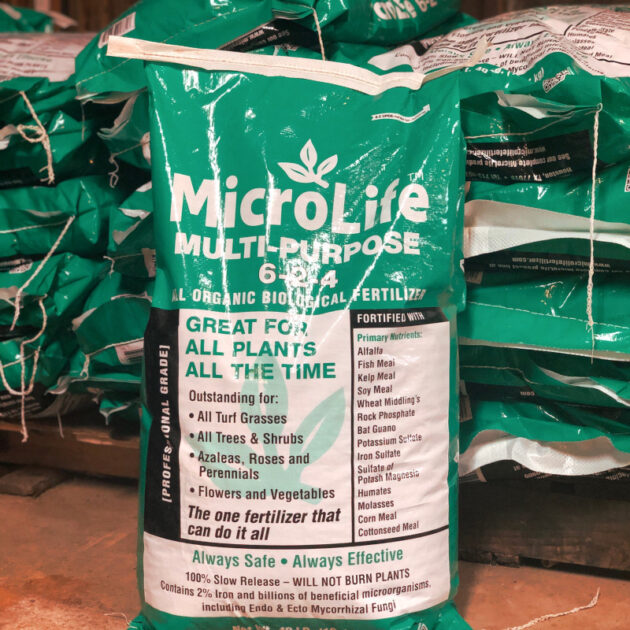
Lawn Care:
Please discontinue the use of chemical weed-&-feed fertilizers!!! If they worked (and were environmentally friendly), we would sell them. They often don’t work, damage trees, pollute our drinking water, and come with a (long) list of health dangers. Tell your friends!
In 2025, consider reducing the size of your lawn!
Add pathways, mulched garden beds, alternative lawns, and or areas of stone or gravel/river rock (sparingly to reduce the heat island effect) can be added to your landscape design to reduce the demand for irrigation water, herbicides, pesticides, and fertilizers. Check out local author Pam Penick's book "Lawn Gone" for great ideas to inspire readers to create beautiful landscapes without lawns!
Spot treat weeds with AgraLawn’s Crab Grass Killer. It's a cinnamon based herbicide that is safe for pets unlike many of the lawn herbicides sold at local stores! Stop by the store for more details on this product. Larger weeds can be pulled by hand or a weed popper. Mow your lawn often to remove flowers (soon-to-be seeds for next year).
Early March - It’s time to put out Corn Gluten to prevent warm season weed seeds from germinating. Available now until we are sold out.
Keep an eye out for fungus!
-
Get ahead of the game by adding Microlife’s MicroGro Biological Inoculant to boost the beneficial microbes in your soil and open the soil structure.
-
If you have St. Augustine, now is a great time to apply peat moss to combat the lethal Take All Root Rot (TARR) at a rate of 3.8 cubic feet per 1,000 square feet. Other turf grasses are somewhat susceptible to TARR and can benefit from peat applications as well.
-
Limit watering and ONLY water in the mornings to combat/prevent common fungal infections in lawns.
-
Where Brown Patch and other fungus pathogens have been an issue in the past, MicroLife's Liquid AF can be applied at the first sign of the infection returning.
It’s time to fertilize. Stop by to see which fertilizer will work best for your lawn. Not sure which lawn type you have? Pull up a clump and place it in a zip-lock baggie and we’ll ID it for you.
Recommended Lawn Fertilizers:
MicroLife 6-2-4 Multipurpose- Great for any lawn or ground cover. All of the MicroLife Organic-Biological Fertilizers go beyond the traditional N-P-K food and include beneficial micronutrients, endo and ecto mycorrhizal fungi, and other ingredients to promote a healthy, living soil. Good soil supports healthy growth and disease resistance. Poor soil grows weeds!
MicroLife 6-2-4 Brown Patch – ideal for any lawn type where Brown Patch Fungus has been an issue in past years, especially St. Augustine. Brown Patch is incurable, but we can use proven strategies to limit damages!
MicroLife 6-2-4 Acidified – ideal for heavily irrigated lawns. Extra Sulfur and Iron keep the effects of our high-pH water at bay. Highly recommended for ALL lawns and landscape plants!
20-0-5 Non-Salt Based Nitrogen for heaving-feeding lawns such as Bermuda and Zoysia. If you have traditionally used chemical fertilizers but you are looking to get off this lawn drug, this fertilizer is for you! NOT recommended for St. Augustine unless you like to mow twice a week.
Apply MicroLife Humates Plus 0-0-4 with your fertilizer or alone to open the soil and build a healthy soil food web.
Apply beneficial nematodes now if you suspect grubs or cutworms may be an issue in the root zone. If you find more than 12 grubs in a one-square-foot area, it is time to treat!
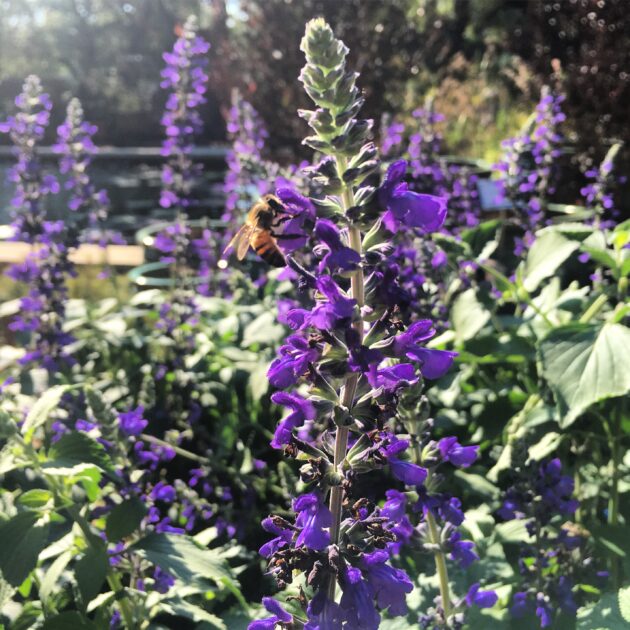
Ornamental Landscapes & Eco-Gardens:
It’s time to make the landscape beautiful again!
Adding a light layer of mulch will help dress up the appearance of your beds now. We'll recommend adding the full 3-inch layer (recommended for summer drought and heat resistance) later this spring/ early summer.
Planting:
Plant shrubs, trees, roses & perennials now! Remember to add a few new flowering plants for our local pollinators! Planting in March will give you 3-5 months of root growth before our heat and drought kick in this summer.
NOTE: we are NOT out of the (winter) woods yet and we can still experience frosts and light freezes, usually overnight. Have your frostcloth handy to protect young, "soft" new growth of the annuals and perennials.
Pruning:
Prune dormant trees. Use clean, sharp tools! Only seal wounds on Red Oaks & Live Oak. Clean tools when moving to a new tree. Again, a 1:10 bleach-to-water solution works well.
Prune: dead branches, crossing (touching) branches, low hanging branches (if near a walking path), and branches growing toward the center of the tree (branches should grow away from the trunk toward the sunlight and NOT into the shade of the canopy).
Shrubs can be pruned now before the spring flush of new growth. Cold-damaged or dead branches can be removed.
Prune and fertilize roses now if you missed the Valentine’s Day date. It's not too late! Delay pruning Lady Banks climbing rose until after she flowers (very soon!).
Ornamental Grasses can be cut back to 3-4" now. New growth will be emerging soon and removing last years dead foliage will give you a nice, fresh looking plant in one to two months. ONLY trim back ornamental or "bunch grasses" after March 1st. Trimming before this date may expose the crown of the plant to damaging freezing temperatures.
Feeding the Landscape:
Add quality compost to shrubs & flower beds. Apply 1/2 to one inch of compost in existing beds, and up to three inches for new/young beds.
Our Favorite Composts:
-
Home made! Inexpensive, easy to make, environmentally responsible! Not sure how to make compost, ask us how!
-
Nature's Creation Compost with mycorrhizal fungi for root-zone enhancement.
-
Tie: Happy Frog Soil Conditioner and Leaf Mold Compost from The Ground Up (TGU) in Houston, Texas.
-
TGU's My Organic Compost - this compost is great if you are using Microlife fertilizers that are inoculated with mycorrhizal fungi, and or adding additional inoculant.
-
Mix all of the above to utilize the benefits of each formula.
Fertilize shrubs with Microlife 6-2-4 Multipurpose, or MicroLife 6-2-4 Acidified (extra sulfur) if you rely on alkaline city water for irrigation. We see great results using the Acidified formula here in our gardens, even with our native plants!


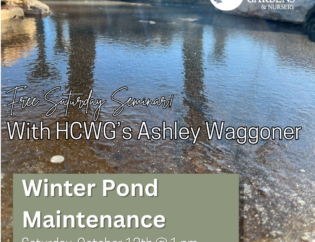
You must be logged in to post a comment.